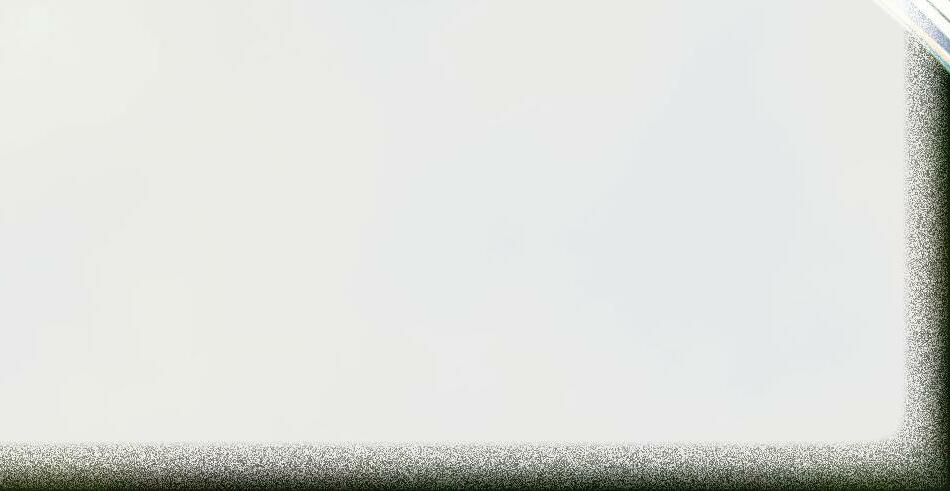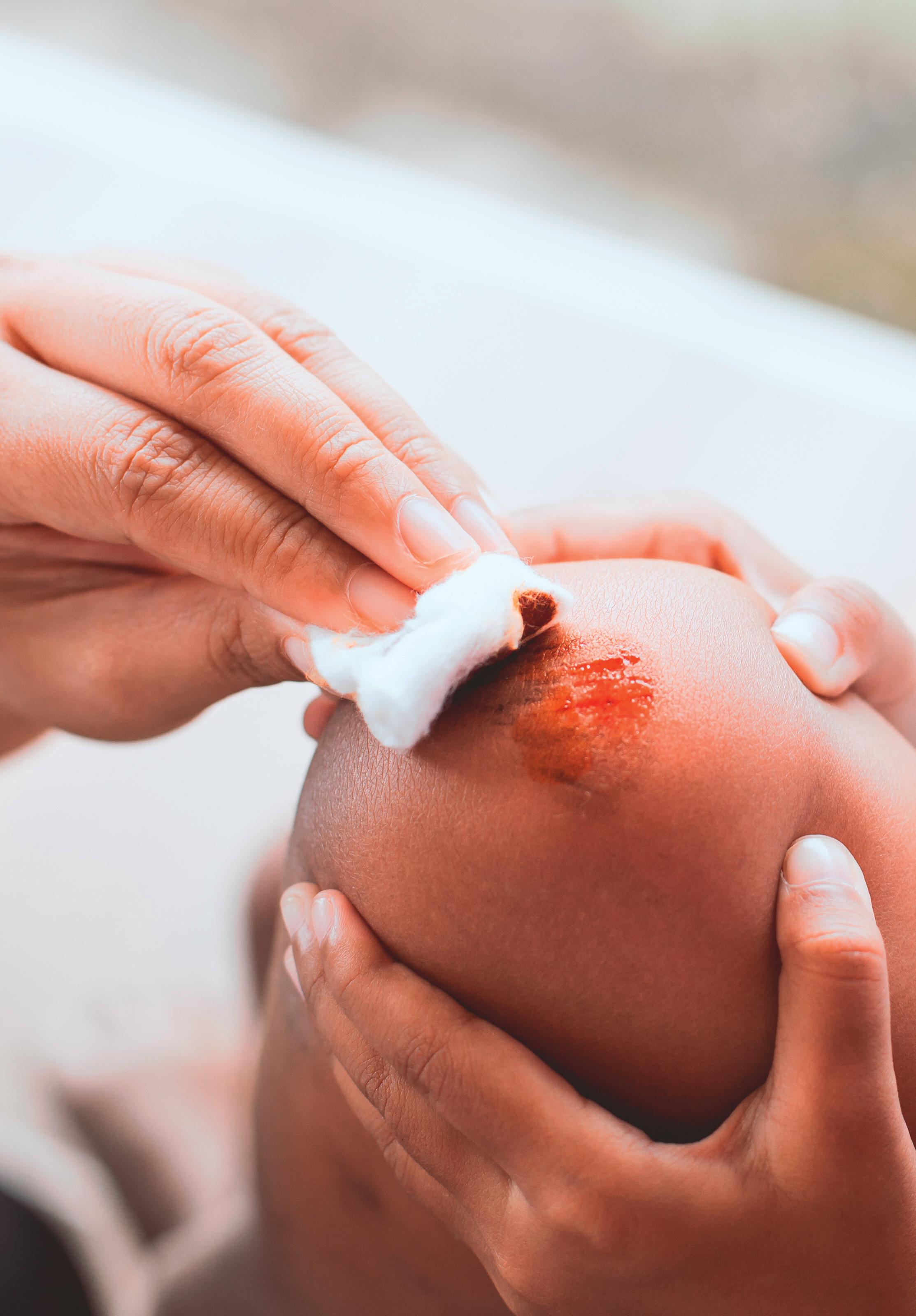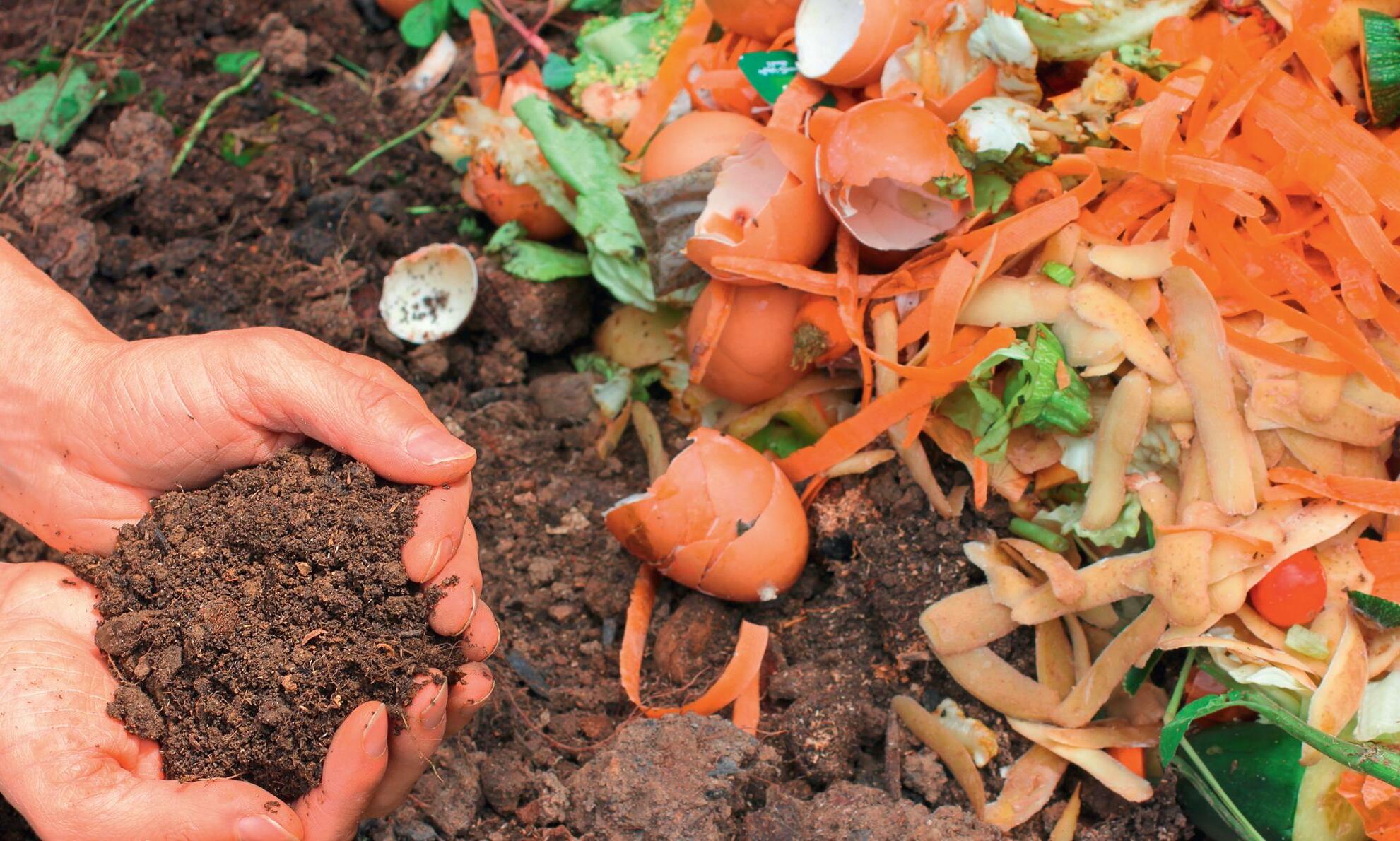Disgusting Things That Are Surprisingly Useful Mio Debnam
















Chances are, you’ve washed your hands recently. Scientists tell us that washing hands with soap and water stops nasty germs from entering our bodies and making us sick. But … what exactly are “germs”?

Germs are simple organisms – or living things. They are so small that they cannot be seen with our eyes alone. There are several different groups of germs. Two groups are bacteria and moulds. Some types of bacteria and mould can make us sick, but others are really important for our health. Most bacteria are harmless to humans, which is lucky, as they are so common that if you had super-powerful eyes and X-ray vision, you’d see them everywhere –including on and inside our bodies!



Have you ever fallen over and cut yourself? Normally, if you clean the wound, it heals by itself. Sometimes, however, the wound becomes swollen, red and full of yellow pus – that’s the white blood cells in your body fighting the bad bacteria.













Your body is really good at fighting germs, but on rare occasions, you may need help to make sure the bacteria doesn’t make you ill.
If that happens, a doctor will give you medicine called an antibiotic to fight the infection, kill the bacteria and make you well again.
Di type Th

There are billions of different types of bacteria in the world. They come in many shapes and sizes but are all tiny. You could fit more than 2,000 of the smallest kind on the exclamation mark at the end of this sentence!














ould fit mat th
















f th the exc the en a ce t


















A human adult has about 250 grams of good bacteria living in their guts!
We need gut bacteria because, without it, we wouldn’t be able to digest our food.
Good bacteria live in many parts of our body. They stop bad bacteria from growing, so they protect us. They also help to make our immune system stronger, so we can stay healthy.
250 grams of bacteria is the same weight as three lemons.






























Without good bacteria, we wouldn’t be able to make certain foods, such as yoghurt, cheese, soy sauce, pickles, vinegar, and many other tasty things.


Different good bacteria help break down things like fallen leaves in the forest, and your kitchen scraps in compost heaps. They turn these waste products into new soil, full of the nutrients plants need to grow.
